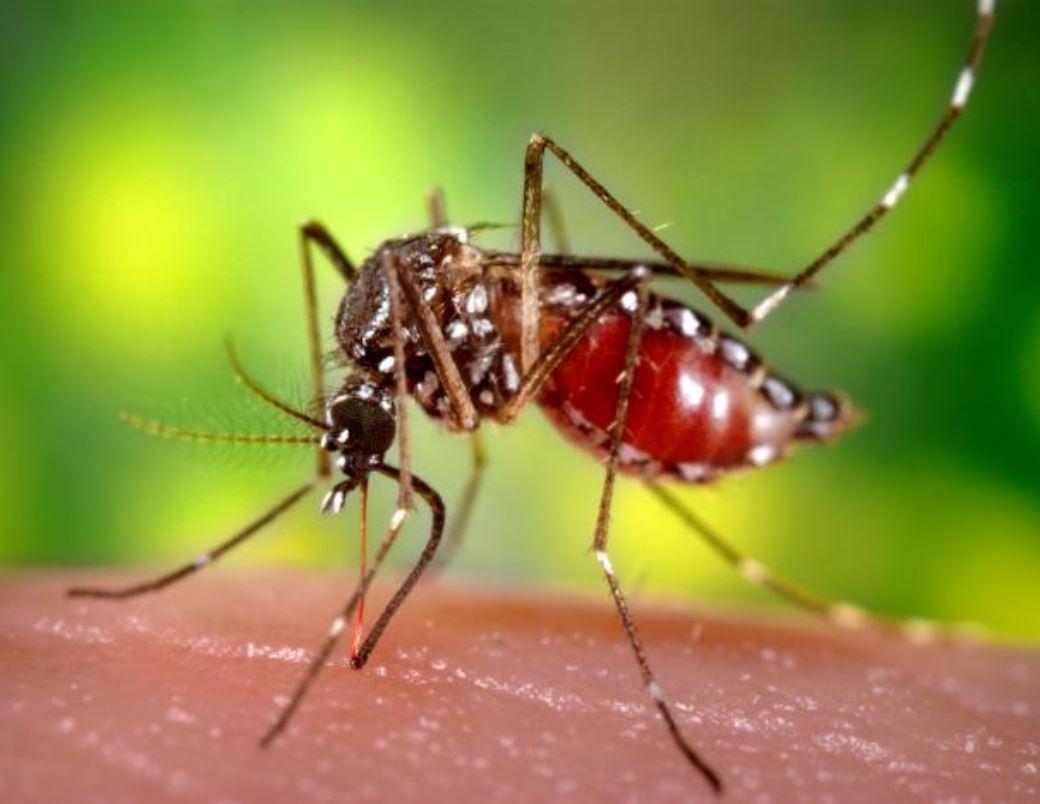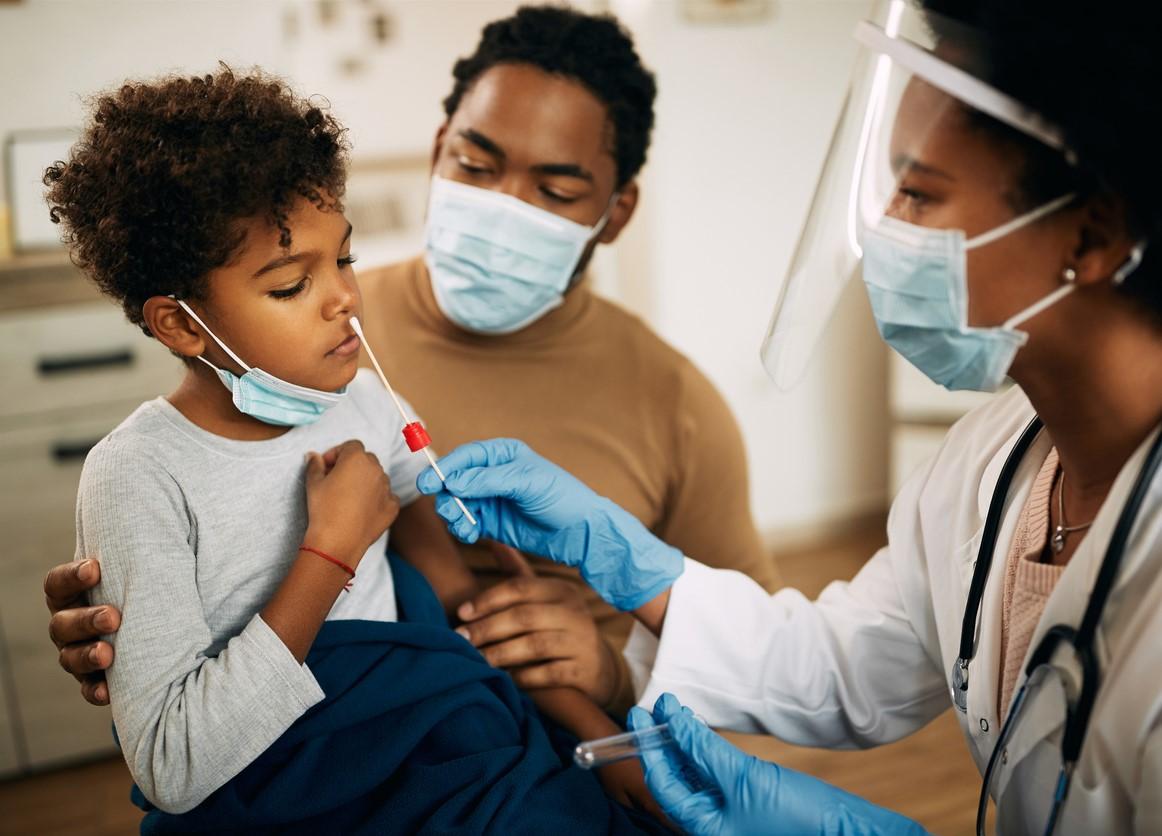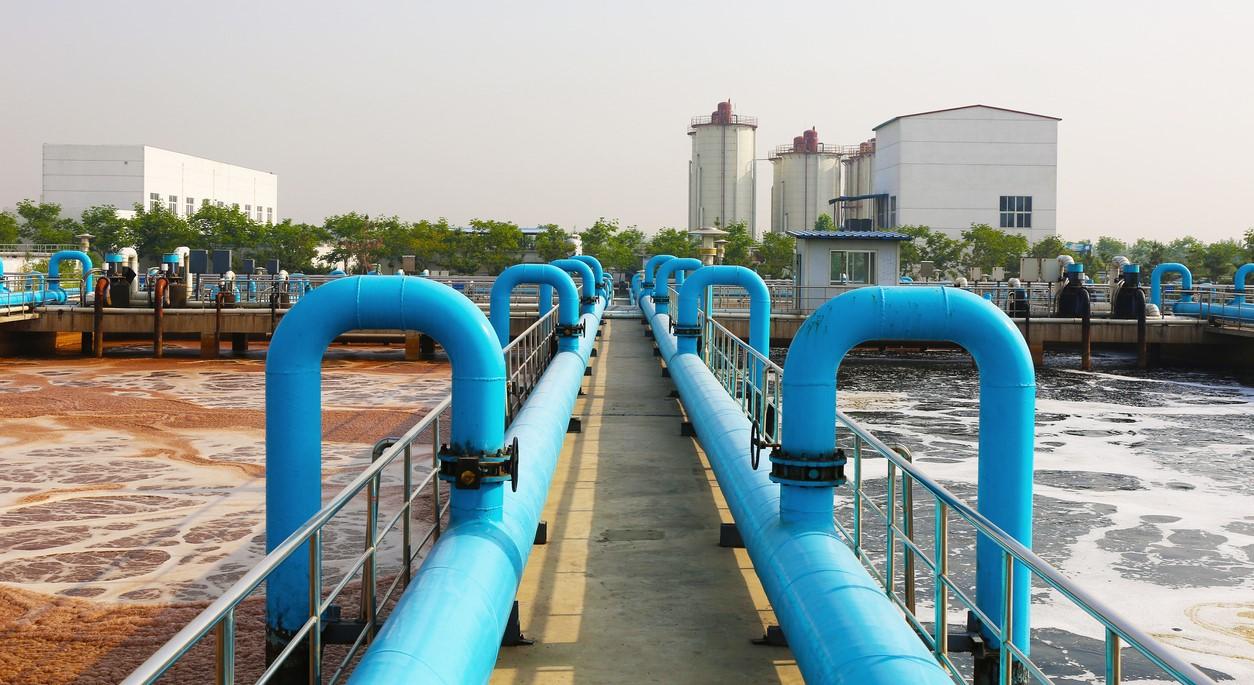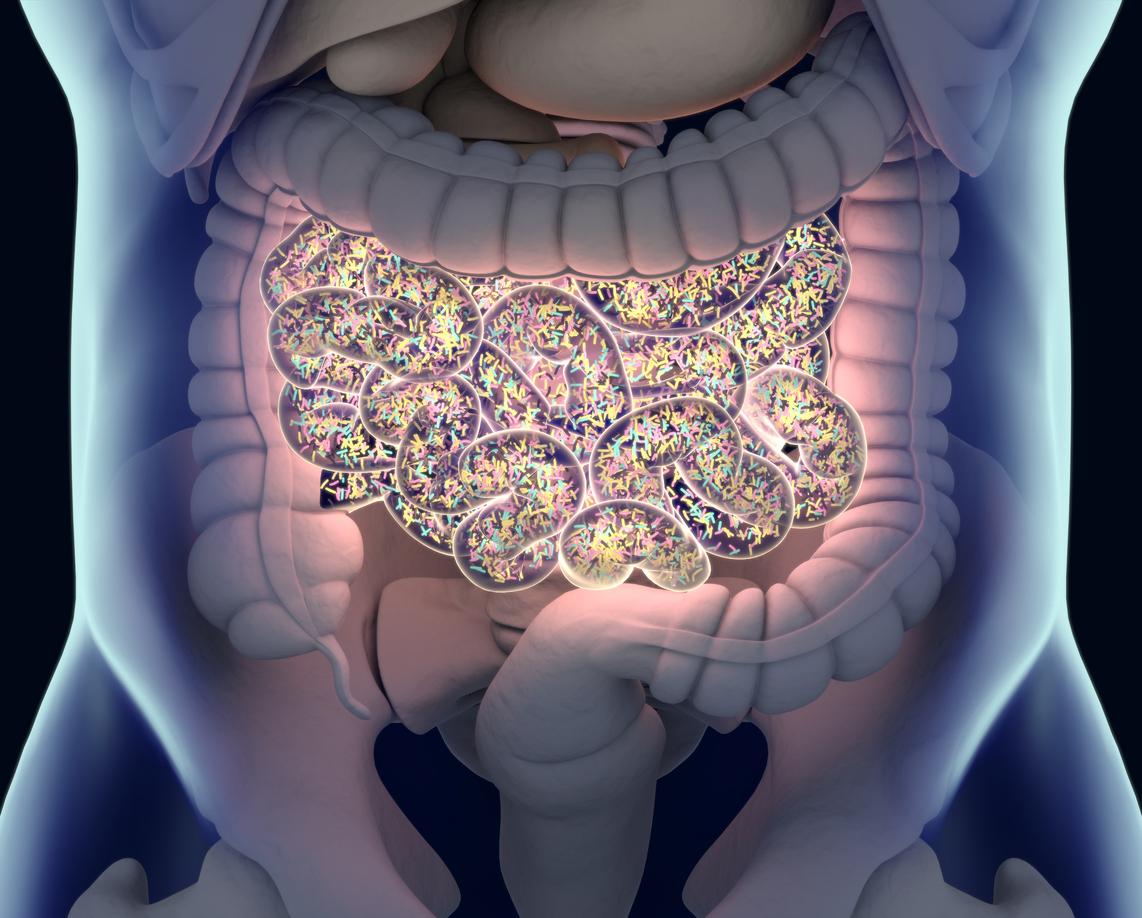
Since 2021, the US Centers for Disease Control and Prevention (CDC) has recommended dengue vaccination for kids ages 9 to 16 in communities where more than 20% of age-eligible persons have previously been infected with the virus. While vaccination offers strong protection for people with prior infections, but it may increase the risk of severe dengue and hospitalization among those without previous infection at the time of vaccination.
According to a new seroprevalence survey study in Morbidity and Mortality Weekly Report, more than 60% of school-aged children in American Samoa have evidence of a previous dengue infection, suggesting the region meets the criteria established for routine dengue vaccination.
Schoolchildren had widespread dengue exposure
From 2016 through 2018, a dengue outbreak in America Samoa resulted in 660 confirmed cases, and transmission of the vector-borne virus was classified as frequent or continuous.
In the study, a total of 887 students received testing in September and October 2023. The median participant age was 11 years, and 54% of participants were girls. Among tested students, 492 (56%) received positive results for dengue immunoglobulin G, and 371 (42%) received negative results; results for 24 (3%) students were uninterpretable, the authors said.
Estimated seroprevalence among all students aged 7 to16 years was 59% (95% confidence interval [CI], 47% to71%) and was 60% (95% CI, 48% to 72%) among those age-eligible for vaccination (9 to 16 years).
In American Samoa, dengue vaccines could be part of a broader strategy for dengue control.
"Seroprevalence is high among all age groups, indicating widespread previous exposure to DENV and potential risk for future outbreaks as well as associated secondary cases among persons previously infected," the authors concluded. "In American Samoa, dengue vaccines could be part of a broader strategy for dengue control."














